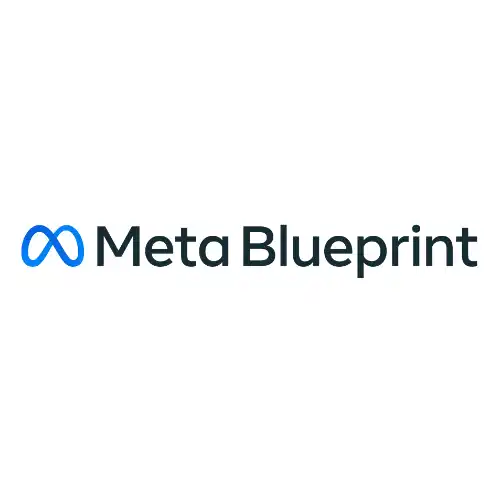Digital Marketing Associates understand the value that advertising on Meta technologies can deliver for businesses, and they can use foundational tools to build campaigns.
Q: What does the exam cover, and are certain topics more important than others?
A: The Digital Marketing Associate Exam consists of the following sections. The percentages reveal how much each section will count toward your final score.
Use this breakdown to guide your studying and develop the skills that are most critical to earning a certification and advancing your career.
The value of Meta technologies (8%)
This section will test your ability to:
- Identify Meta technologies.
- Communicate the value proposition of Meta technologies for businesses.
Establish a business presence (15%)
This section will test your ability to:
- Identify the steps to establish a business presence on Facebook, Instagram and WhatsApp and the tools needed to engage with audiences.
- Explain the process to customize settings within Meta Ads Manager.
- Apply creative best practices optimized for mobile experiences.
Advertising fundamentals (21%)
This section will test your ability to:
- Recognize the value of advertising on Meta technologies.
- Recognize the importance of matching business goals to ad campaign objectives.
- Communicate the value of the Meta Pixel and the Conversions API.
- Describe how people are charged for ads and where the ads are shown.
- Identify data privacy protections and common ad policies.
Create and manage ads (46%)
This section will test your ability to:
- Identify the differences among boosting a Page post, promoting a post on Instagram and creating an ad in Ads Manager.
- Identify settings available at the campaign, ad set and ad level.
- Determine the ad campaign objective to achieve business goals.
- Identify ad targeting capabilities.
- Determine the appropriate ad formats for a given scenario.
- Identify budget and ad scheduling options.
- Identify the relationship between budget and estimated results.
Reporting (10%)
This section will test your ability to:
- Identify campaign results through Meta Ads Reporting.
- Measure the success of a campaign.

